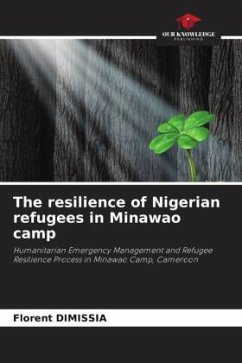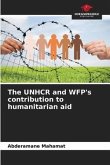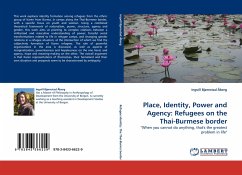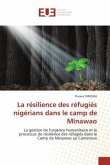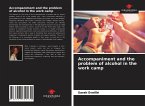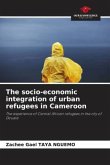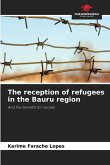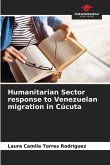This work focuses on a particular component of humanitarian work, namely post-conflict reconstruction. It focuses on the resilience process of Nigerian refugees in the Far North Region of Cameroon in general and specifically those in the Minawao camp. The working methodology was based on a hypothetical-deductive approach and on qualitative-quantitative research. The first step was to define the key terms of the study: humanitarian emergency on the one hand and resilience on the other. The appropriation of the notion of resilience in the social sciences was at the heart of the study. The general hypothesis of the study was confirmed through correlation tests linking variables indicative of humanitarian emergency management and the resilience process. Nigerian refugees living in the Minawao camp are gradually adapting to the new context in which they find themselves. Thus, the measures put in place by humanitarian actors significantly influence the resilience of refugees.

